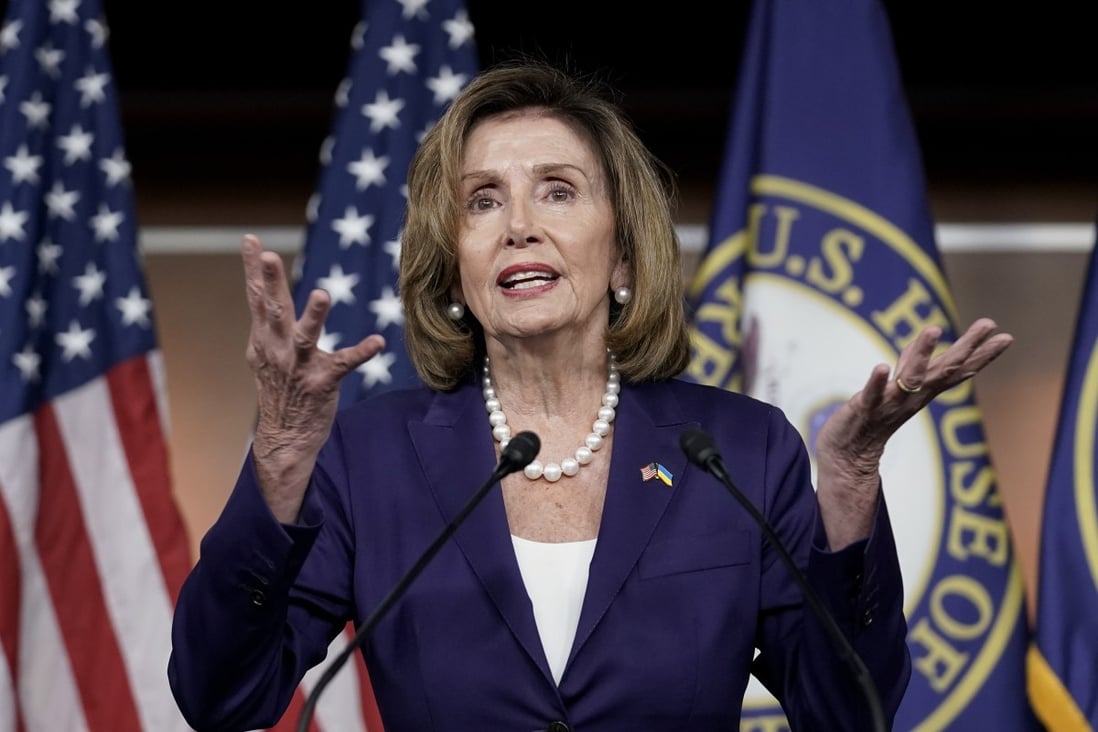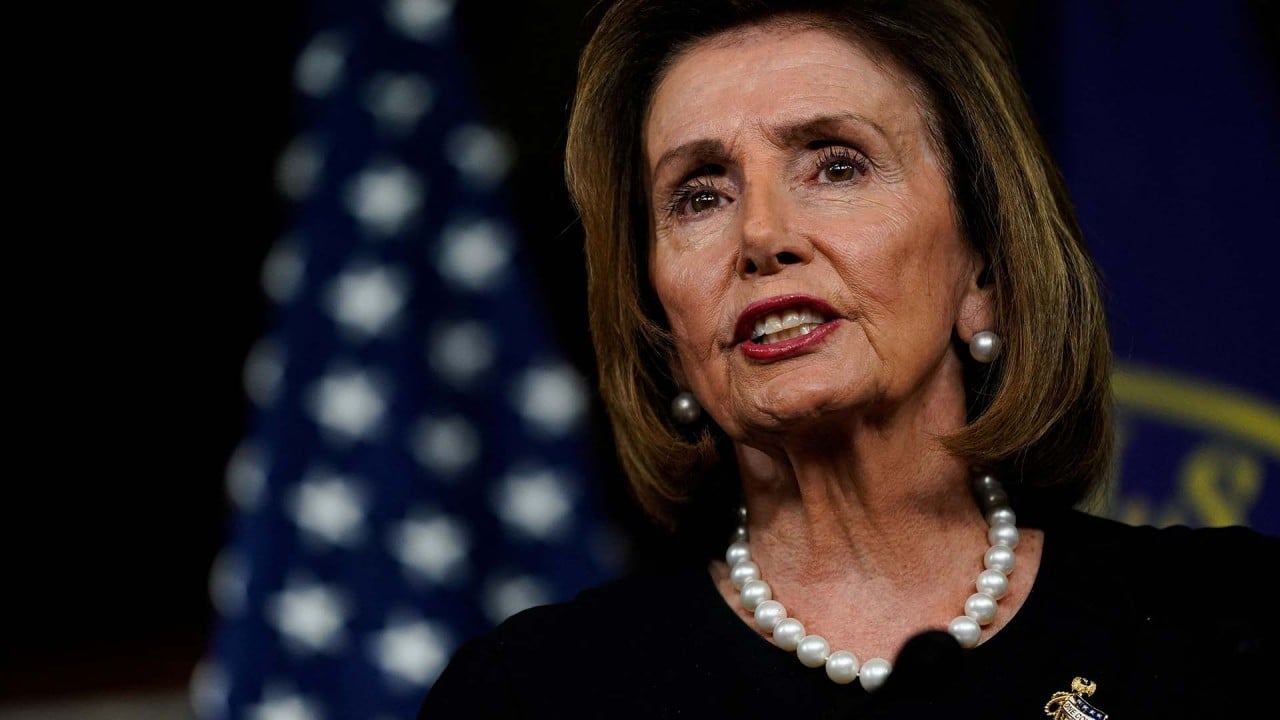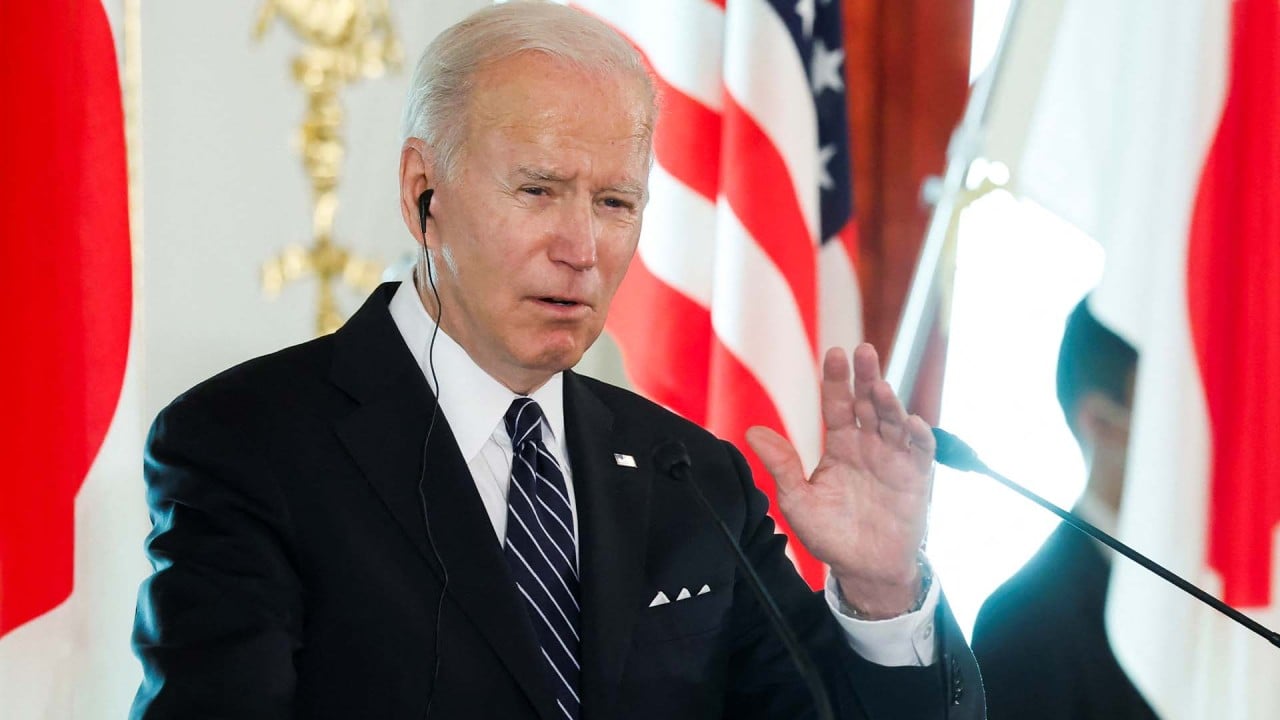- *Uncertainty over how forcefully the US and Beijing will support their positions means no third party would want to step in, analysts note
- *Current sabre-rattling is all about intimidation, with domestic issues the real priority, Indian and Indonesian observers believe
As a possible Taiwan visit by US House Speaker Nancy Pelosi sparks explosive rows between Beijing and Washington, the reaction from Southeast Asian nations has been more muted, including calling upon the two rival powers to defuse tensions.
International relations and defence experts say it is understandable that Beijing sees Pelosi’s likely trip as a “provocation”, a move to support “Taiwan independence” in violation of the US’ avowed one-China policy.
Washington, however, says the visit aims to stop mainland China from trying to change the status quo across the Taiwan Strait by force.
Beijing considers self-governed Taiwan to be a renegade province and has never renounced the use of force to bring it back into the fold, stepping up pressure in recent years with intensive naval drills and warplane sorties around it.
The question is, how far either the US or Beijing will allow this apparent game of chicken to go.
“I think both Washington and Beijing are clear about each other’s basic positions. All actors probably are too,” said Chong Ja Ian, an associate professor of political science at the National University of Singapore.
Pelosi’s trip to Asia will include Singapore, Malaysia, South Korea and Japan, according to a press release from her office on Sunday, which made no mention of Taiwan.
“The uncertainty lies in how forcefully the US and [Beijing] are willing to support their positions,” Chong said.
“Both Washington and Beijing have incentives to demonstrate resolve rather than to back down. In this regard, they are both likely to keep their red lines and areas that they could compromise on close to their chest.”
Under such circumstances, no regional country can or should play an intermediary role between the two sparring superpowers, said Drew Thompson, visiting senior research fellow at the National University of Singapore’s Lee Kuan Yew School of Public Policy.
“US-China political differences and geostrategic rivalry are not caused by a lack of communication or misunderstanding,” he said, highlighting extensive bilateral diplomatic interactions between senior leaders, including direct hotline talks between presidents Joe Biden and Xi Jinping.
“An intermediary is unnecessary and no third party would add value to those conversations. Neither Beijing nor Washington is seeking an intermediary, so proposals for a third party to insert themselves into the bilateral relationship would not be welcomed.”
Beijing has delivered a string of warnings against Pelosi’s planned visit to Taiwan. The People’s Liberation Army warned on Tuesday that it would not “turn a blind eye” to such a trip, while the Chinese foreign ministry said the US would “bear all consequences” and face “forceful measures” if Pelosi visited the island.
Veronika Saraswati, convenor of the China unit at the Centre for Strategic and International Studies, a Jakarta-based think tank, said Indonesians believe the two giants are just “threatening each other”, as both sides must also take domestic and regional economic development into account.
“Their war of words may affect regional stability, but Indonesia doesn’t think the US and China would really want to fight, it’s all [about] intimidation,” she said.
“The first priority of the Americans is to fix their domestic economic problem. China will try to keep a high economic growth rate. All countries in the globe are now focusing on economic development, not a war.”
Yogesh Gupta, a former Indian ambassador to Denmark and a specialist in China-India relations, was of the same view, and noted that President Xi needs a stable political environment for the upcoming party congress in autumn, when his unprecedented third term as party secretary is expected to be officially confirmed.
“Xi is a very cautious person and will not risk a military conflict with the US which may threaten his [Communist Party] position,” Gupta said.
Saraswati sees Indonesia continuing to strengthen economic ties with Beijing, its largest trading partner since 2012.
As for the political and diplomatic arena, she is confident Jakarta would support Beijing’s “one-China” principle, which regards the Taiwan issue as “part of domestic affairs that shouldn’t be intervened in”.
Beijing and Jakarta vowed stronger ties when Indonesian President Joko Widodo visited the Chinese capital earlier this week, the first foreign leader to be received by Xi since the Winter Olympics in February. A joint statement later highlighted the ‘great strategic significance and far-reaching global influence’ of mutual ties.
Thompson said intensifying US-China rivalry creates both opportunities and risks for regional countries, while giving them considerable agency on strategies to maximise gain and minimise downsides.
“Some countries will seek to strengthen ties with one or the other big power, while others will hedge, diversify relationships, and seek to avoid becoming overly dependent on any one external power,” he said.
“There is no one solution for how countries can adapt to increasing US-China competition.”
In a bid to balance their interests, partially in the defence domain, many nations – including Beijing-friendly Indonesia – have tended to hitch their wagon to the US and its long-time Asian allies, thus setting an energetic tempo for joint military exercises, Chong said.
“[The Indonesian defence force] is gearing up to hold a major military exercise involving the United States, Japan, Australia and Singapore next week,” he said.
Chong also noted that more Asian nations are taking part in US-led drills, such as this year’s Rim of the Pacific (Rimpac) exercise. At least 10 Asian nations, including Indonesia, are part of the month-long naval drills around Hawaii launched on June 29 and aimed at promoting a free and open Indo-Pacific – Washington’s new regional strategy focused on Beijing.
By Mpekuzi







Post a Comment